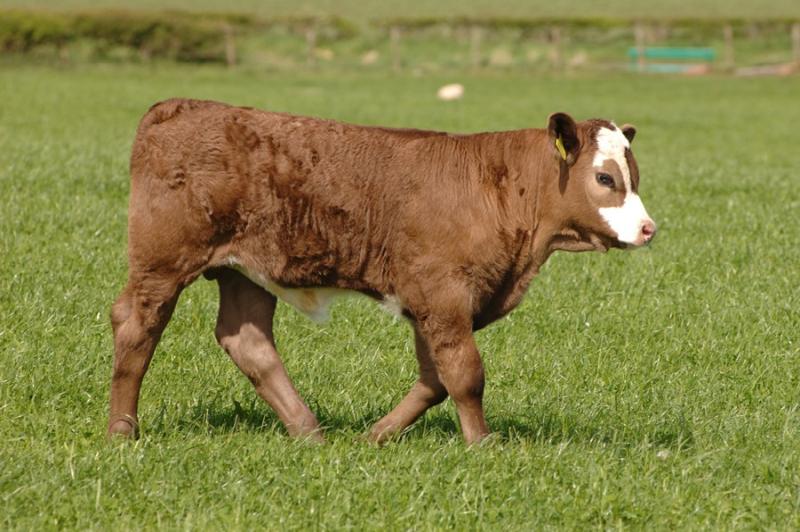Report calls out 'devastating' suckler beef calving interval proposals

Proposed changes to Scotland's suckler beef scheme could have a 'damaging ripple effect' along the whole red meat supply chain, sector leaders say.
The warning is included in a new report critiquing the Scottish government's post-Brexit amendment to the Scottish Suckler Beef Scheme (SSBSS).
The government has proposed to add a 410-day calving interval addition as part of a measure seeking to cut greenhouse gas emissions stemming from the beef sector.
But the new report [PDF] warns that Scotland’s smallest herds - with fewer than 30 cows - could see funding falls of over £240,000.
These herds make up almost half of all beef holdings and 10% of total breeding dams in Scotland.
Authored by Neil Wilson, executive director of the Institute of Auctioneers and Appraisers in Scotland (IAAS), the report warns that the consequence of these changes will have 'far-reaching, and seemingly politically unconsidered implications'.
“Calving interval conditionality is a metric driven criterium that aims to target poorer performing herds," Mr Wilson explains.
"But its introduction could have a damaging ripple effect along the whole red meat supply chain that would undoubtedly lead to consolidation and closures of marts and meat processors."
Figures show that in 2023, Scottish livestock markets sold well over 340,000 head of cattle for a value of £416 million.
But the loss of 100,000 head of breeding cattle would result in a contraction of almost one third and the economic loss of £121m in cattle sales to the Scottish economy.
The report goes on to warn that this could lead to contraction in the sector with the loss of marts in remote areas a real possibility.
Mr Wilson says: "It would undoubtedly also lead to an acceleration in the closure of private kill facilities across Scotland, which is an area that Scottish government has seemed keen to support."
Commenting on the wider net-zero targets intent of the calving interval conditionality, he says the overall impact of this proposed conditionality to the SSBSS has been 'poorly planned and researched'.
"The greenhouse gas emissions reduction implications have not been calculated by the government, and we suspect that the impact on GHG reduction will be negligible at best," he says.
"Government has failed to fully consider the impact across all farm sizes, and they have totally failed to consider the impact across the entire supply chain.
"The estimated emissions reduction put forward as being achievable under this policy will only be realised if a substantial number of ineligible cows are culled."
The IAAS's report was issued on behalf of the National Beef Association (NBA) and the Scottish Beef Association (SBA).








